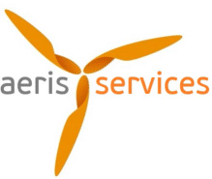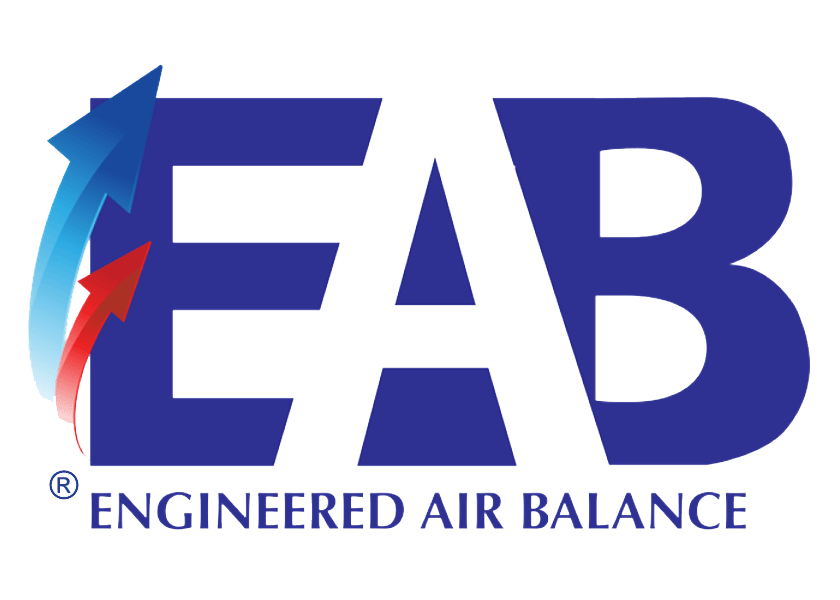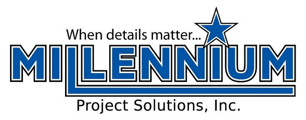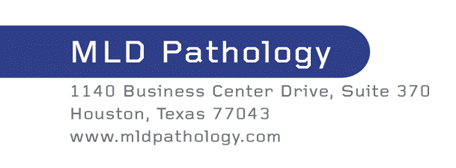The U.S. Supreme Court has overturned the Chevron doctrine, which previously required courts to defer to federal agency interpretations of ambiguous statutes. This decision arose from cases brought by fishing vessel operators challenging federal fishery management regulations and marks a pivotal shift that employers need to understand, especially as it impacts the myriad of regulations affecting workplaces.
Key Change: Chevron Doctrine Overturned
Previously, under the Chevron doctrine, courts deferred to agency interpretations if the statute was ambiguous and the agency’s interpretation was reasonable. This two-step process often favored agencies, giving them broad authority to interpret and enforce laws with minimal judicial interference. For over 40 years, this precedent allowed agencies like the EEOC, DOL, OSHA, and NLRB to shape employment laws significantly.
Now, courts must independently assess whether an agency’s interpretation is the best one, not just a reasonable one as ruled in the Loper-Bright case.
Although the underlying cases were not workplace-related, this decision significantly affects employers. Federal agencies like the EEOC, DOL, OSHA, and NLRB issue many regulations impacting daily workplace operations. With the Chevron doctrine overturned, these agencies might face more challenges to their interpretations of employment laws.
Implications for Employers
For employers, this decision brings both challenges and opportunities:
1. Current Regulations Remain: Existing regulations from agencies like the EEOC, DOL, OSHA, and NLRB are still in effect. Employers must continue to comply with these regulations until a court rules otherwise.
2. Increased Legal Challenges: The ruling opens the door for more challenges against federal agency regulations. This could impact pending legal disputes, such as:
- EEOC’s implementation of the Pregnant Workers Fairness Act.
- DOL’s rules on minimum salary thresholds and definitions of independent contractors.
- OSHA’s regulations on workplace inspections involving union organizers.
- NLRB’s joint-employer rule.
- FTC’s rule barring non-compete agreements.
3. Potential for Inconsistency: With more judicial discretion, different courts may interpret the same regulation differently, leading to a patchwork of rulings. This could create compliance challenges, especially for employers operating in multiple states.
4. Strategic Compliance: As an employer, you will need to stay vigilant and adaptable, monitoring ongoing cases and understanding how court decisions might conflict. Leveraging compliance tools and seeking advisement will be crucial in navigating this evolving landscape.
Preparing for the Future: Achilles Group Guidance
At Achilles Group, our approach is designed to help you, as a business leader, seamlessly navigate compliance and strategy. Here’s how we make a difference:
- Proactive Compliance Updates: We keep you informed about the latest legal developments, ensuring you’re always ahead of the curve. This proactive approach minimizes surprises and helps you make informed decisions.
- Impact Assessment: Our team assesses how varying court decisions and new regulations can impact your business. We provide clear, actionable insights that help you understand potential risks and opportunities.
- Multi-Jurisdictional Compliance: We ensure your business complies with regulations across different jurisdictions. Whether you operate in multiple states or just Texas, we tailor our guidance to meet your specific needs, reducing the complexity of managing diverse legal requirements.
- Strategic Planning: Beyond compliance, we help you align your HR strategies with your overall business goals. By integrating legal insights with strategic planning, we ensure your HR practices support your growth and operational efficiency.
- Expert Support: Our seasoned HR professionals are always available to provide expert advice and support. Whether you’re facing a specific compliance issue or need guidance on long-term strategy, we’re here to help.
By partnering with Achilles Group, you can confidently navigate the complexities of federal regulations, ensuring your business is compliant, competitive, and well-prepared for the future.














































